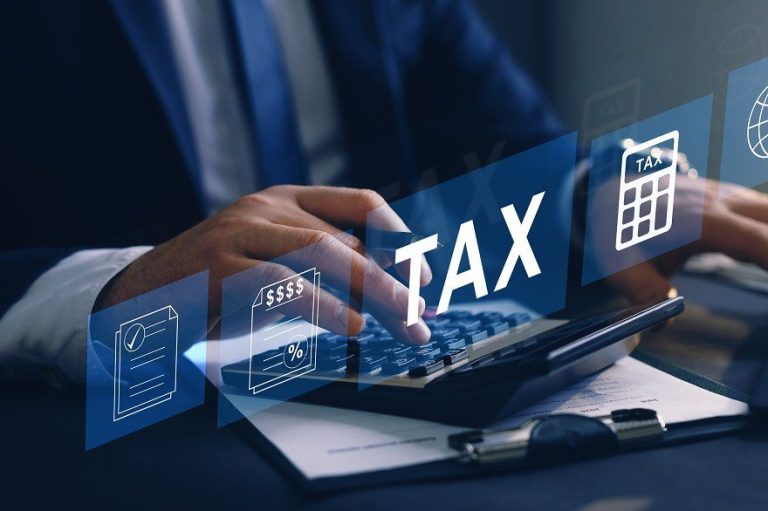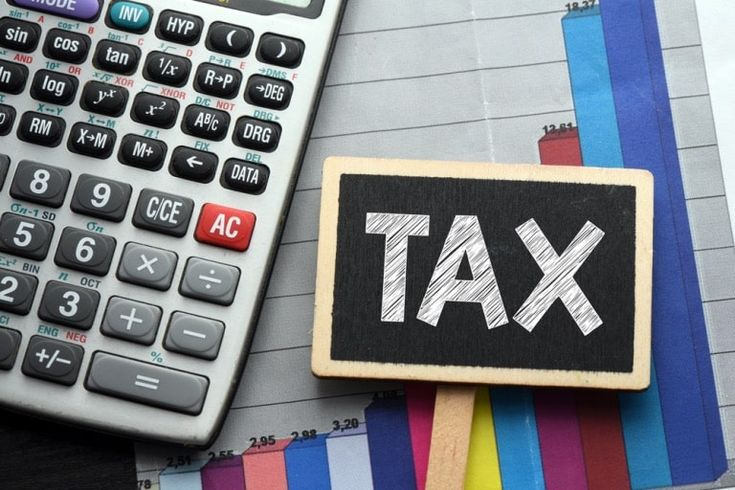They say doing the same thing over and over while expecting a different result is the definition of insanity. And yet, year after year, many people carry the same money habits into a new calendar, hoping this will be the time they finally get it right. But 2025 is different. It is time to leave the bad money habits in the past where they belong and build the kind of financial future that doesn’t keep you up at night.
Bad money habits are not just about big, obvious mistakes like reckless spending or borrowing money with no plan to repay. They are often subtle, creeping into daily routines and making it difficult to get ahead. They show up as impulsive spending, that irresistible urge to buy the latest aso-ebi, or splurging on takeout every other day instead of cooking at home. They take shape in the habit of living from one salary alert to the next, constantly running out of cash before month-end. They manifest in neglecting savings because “there’s always time to start later” or refusing to track spending, convinced that looking at the numbers will be overwhelming. These patterns become cycles, and before long, they start to feel normal even inevitable.
The problem with bad money habits is that they steal from future goals. That daily trip to the suya spot, the endless bank charges from transferring small amounts multiple times instead of planning, the refusal to budget all these small decisions compound over time. And while it may not seem like much in the moment, the long-term impact can be the difference between financial stability and constantly playing catch-up. The good news? Just like breaking up with a toxic ex, you can break up with bad money habits and never look back.
The first step is recognizing these habits for what they are: roadblocks standing between you and financial freedom. Once identified, the next step is committing to change. That means setting realistic, measurable goals instead of vague resolutions. If impulsive spending is a problem, the solution isn’t just avoiding Instagram vendors but finding healthier ways to manage spending urges. If saving has always felt impossible, the answer isn’t waiting for a salary increase but automating small amounts, treating savings like an essential bill rather than an afterthought. If living from paycheck to paycheck has been the norm, then it is time to build a proper budget and, more importantly, stick to it.
Why is 2025 the year to make these changes? Because time will pass anyway. Another year will come and go, and the question will be whether you are in the same financial position or a better one. The world is changing, and financial literacy is no longer optional. More people are investing, saving smarter, and taking control of their money. The information, tools, and resources to build wealth are more accessible than ever. No more excuses. No more waiting for a “better time.” The time is now.
Breaking up with bad money habits is not easy, but neither is staying in a cycle of financial stress. This year, the choice is clear. Do things differently. Spend with intention. Build the kind of financial habits that future you will thank you for.
Now to the News
Naira hits eight-month high as dollar demand eases
Four months after, Nigeria’s petrol imports dropped to their lowest level in eight years. Petrol shipments into the West African nation stood at about 110,000 barrels a day during January 1-24 data compiled by Bloomberg from analytics firm Vortexa Ltd showed.
A PwC document says petrol imports constitute 22 percent-25 percent of Nigeria’s forex demand.
“There is less pressure on the market now because fuel importers are no more seeking dollars to import petrol the way they earlier. More so, the CBN has cleared forex backlog and we saw inflows from Eurobond and dollar bond last year,” Ike Ibeabuchi, emerging markets analyst.
Dollar demand by various sectors of the Nigerian economy, also referred to as foreign exchange (FX) utilization, fell by 11 percent to $5.7 billion in the third quarter (Q3) of 2024 from $6.4 billion in the second quarter (Q2) of the same year, primarily driven by a reduction in invisible transactions.
Uche Uwaleke, director of the Institute of Capital Market Studies at Nasarawa State University, forecasts a positive trajectory for the naira in 2025, attributing this outlook to lower petrol and food importation as well as increased fuel exports next year.
Uwaleke pointed to the reduced importation of petroleum products as a major driver of the naira rebound.
“With increased domestic refining capacity, we expect a significant decline in fuel imports, which will ease pressure on foreign exchange demand and strengthen the naira,” he said.
He further highlighted the potential impact of increased earnings from the export of petroleum products.
“As Nigeria boosts its export capacity, foreign exchange inflows will improve, supporting the local currency,” Uwaleke noted.
LGAs financial autonomy faces fresh hurdle on CBN demand
Local governments across Nigeria are facing a new challenge in their push to receive monthly allocations directly from the federation accounts, as they must now submit a two-year account audit to the Central Bank of Nigeria (CBN) before funds can be disbursed.
“We cannot just open fresh accounts for the LGAs when many of them have not operated as an independent government entity,” The Nation quoted a CBN source.
Meanwhile, an Inter-Ministerial Committee, led by George Akume, the secretary to the government of the federation (SGF), is working on a framework to enforce the Supreme Court’s ruling on local government autonomy.
A member of the committee disclosed that a template is being developed to empower the Accountant General of the Federation (AGF) to directly allocate funds for essential services, such as primary education and healthcare, and transfer them to the relevant agencies.
Naira assets demand turns hot as foreign investors eye yields
Some of the reforms done by Olayemi Cardoso, Central Bank of Nigeria (CBN) governor, have started paying off as foreign investors take a bet on Nigeria in 2025.
These reforms include a more transparent pricing for the dollar through the introduction of Electronic Foreign Exchange Matching System (EFEMS) launched in December last year and higher interest rates on treasury bills. The policy on treasury bills has attracted dollar inflows and helped to stabilise the naira after a period of turbulence.
Also, many foreign investors and international banks have regained confidence in Nigerian securities as naira’s volatility is gradually being subdued by the transparency and efficiency in the market.
In addition to introducing better transparency around pricing in the official market and increasing market interest rates, the CBN also asked banks to offload excess dollars, removing the cap on transactions done by International Money Transfer Operators (IMTOs) to lure in diaspora dollars.
The confidence in the Nigerian market started when the CBN began pushing through long-awaited reforms in the foreign exchange (FX) market.
Nigeria’s VAT revenue hits N6.72 trillion in 2024, surges by 84.62%
The Federal Inland Revenue Service (FIRS) has reported a substantial rise in Nigeria’s Value Added Tax (VAT) collections, which reached N6.72 trillion in 2024, reflecting a 84.62% year-on-year (YoY) increase compared to N3.64 trillion recorded the previous year.
This was disclosed at the 2025 FIRS Management Retreat on Thursday, where the agency reviewed its revenue performance.
According to the data presented by Amina Ado, Coordinating Director, Large Taxpayers Group, VAT collections in 2024 demonstrated remarkable growth across both import and non-import categories.
The NGF endorsed a revised VAT-sharing formula aimed at the equitable distribution of resources, which is based on 50% based on equality, 30% based on derivation, and 20% based on population.
The FIRS plans to generate N25.2 trillion from taxes in 2025. This new target followed the N21.6 trillion revenue that the Service generated in 2024, significantly exceeding the year’s target of N19.4 trillion.


